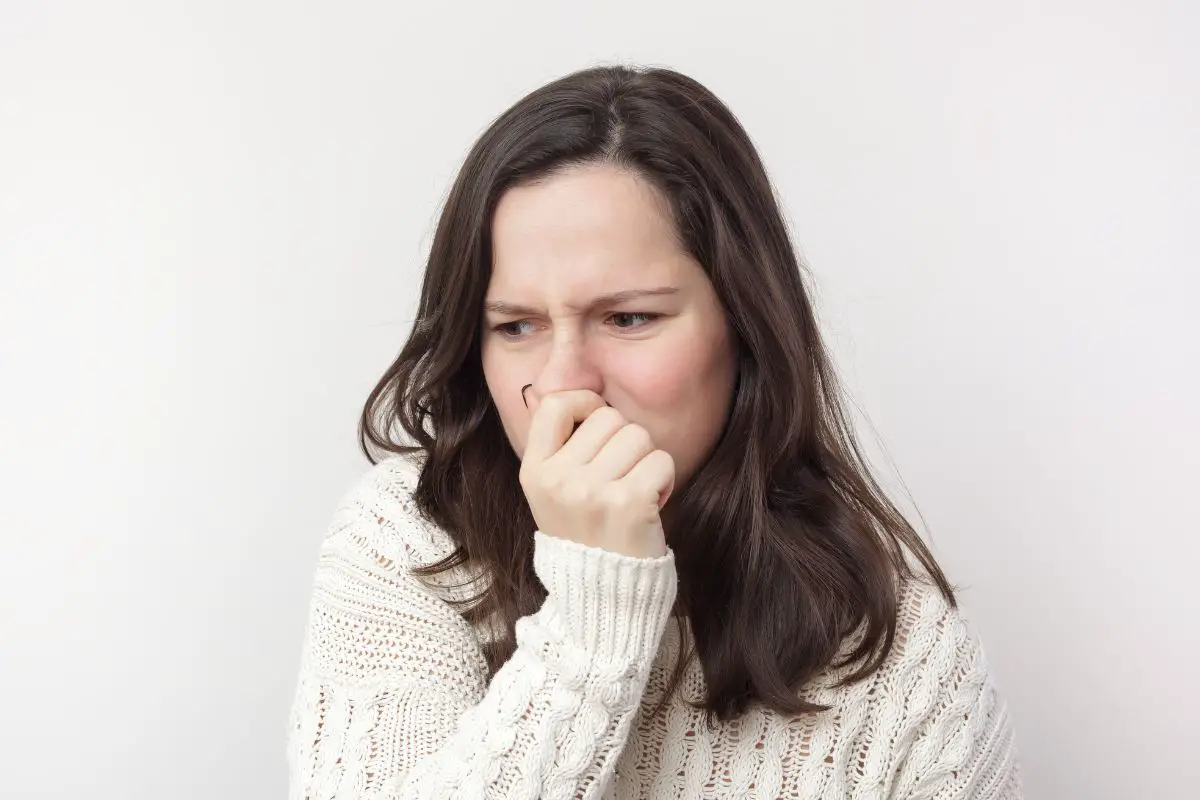Ever noticed your Keurig coffee smelling like fish? Although you may expect your coffee to have an aromatic smell, you might encounter a foul smell. Although this phenomenon is strange, many Keurig users continuously report it. So why does my Keurig smell like fish? If you are asking yourself this question, there are several explanations behind it. Keep reading to find out.

1. Build-up of Bacteria
One of the main reasons why your Keurig may be smelling like tuna or any other fish is bacteria build-up in the machine. If you fail to clean your Keurig regularly, bacteria will build up and cause a foul, fish smell. You can easily deal with this issue by taking off all the removable parts. Wash them thoroughly with water and soap.
You can check the user manual that came with your specific Keurig model to know whether it needs any special cleaning procedures. Check whether you can run the removable pieces in a dishwasher for thorough cleaning. Ensure you unplug your Keurig before wiping it down or disassembling any removable parts.
Clean your Keurig further by running it through equal parts of white vinegar and water. You can run a full brewing cycle with this mixture to descale it. Once done, run it through another full cycle with water to rinse out the vinegar and water solution. You can clean and descale it monthly to ensure it does not develop a foul fish smell.
2. Using Immature Coffee Beans
If the ground coffee in the K-cups you have put in your Keurig is prepared from immature coffee beans, then you are likely to notice a fish-like smell in your Keurig and coffee. Immature coffee beans may result from harvesting underripe cherries, failure to use fertilizer, rust disease or drought affecting the entire coffee tree, or growing coffee in an unsuitable environment.
Unfortunately, you cannot tell whether your coffee beans or ground coffee are mature or not. Once coffee beans are roasted, they take the characteristic of brown hues regardless of whether they are mature or not. You will only tell the difference depending on the taste and smell of your coffee.
3. Hygroscopic Issues
After harvesting, coffee beans are laid out to dry under the sun. Sun-drying coffee beans reduce their overall moisture content significantly. Further dehydration occurs during the roasting process. As moisture is extracted during roasting, the beans produce the first cracking sound. A second crack occurs when they are roasted further. As a result, the dry coffee beans get the urge to reabsorb moisture from the surrounding environment.
Coffee beans are generally hygroscopic. The term hygroscopic means that they readily absorb aromas and moisture from their surrounding environment. If you leave your coffee beans exposed to foreign flavors and smells, such as fish, they will absorb the smell. The absorbed smell will end up in your Keurig coffee if such beans are used for ground coffee in K-Cups.
The hygroscopic nature of coffee beans makes them ideal for use as deodorizers and air fresheners. You can repurpose old coffee beans to deodorize your fridge. Just throw some coffee beans in your fridge and allow them to do the magic.
4. Oxidation
Exposure of coffee beans to moisture and heat can lead to oxidation. Oxidation makes coffee beans stale, thereby affecting their smell and taste. As a result, your coffee may smell like fish. You can avoid such problems by storing your coffee beans properly. Unfortunately, if the K-Cups you are using in your Keurig contain coffee that was obtained from poorly stored coffee beans, your coffee will smell like fish.
It is important to ensure coffee beans are stored properly to keep them flavorful and fresh. Store coffee beans in an airtight container or a vacuum-sealed bag. Avoid storing coffee beans in the refrigerator as they may absorb the surrounding flavor and odor such as tuna salad, onions, or fish.
If you prefer grinding your own beans, buy and store them in smaller batches. Once you break the airtight seal, use the beans within a week. A mason jar would be perfect to store them over the week after breaking the airtight seal of the package they came in.
Summary
Why does my Keurig smell like fish? If your Keurig coffee maker or Keurig coffee smells like fish, it may be a result of stale beans, immature beans, or poorly stored coffee beans from which the ground coffee in the K-cups was obtained. Also, a dirty Keurig can smell like fish. Just ensure you use K-cups with premium ground coffee. Besides, keep your Keurig clean at all times. That way, your Keurig coffee will taste fresh and flavorful at all times.